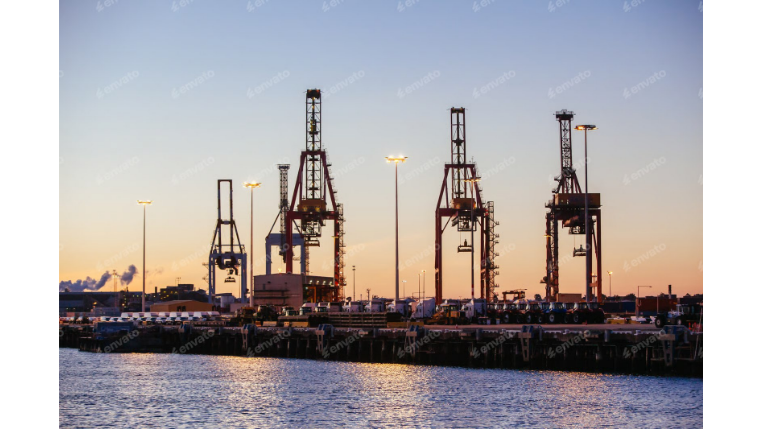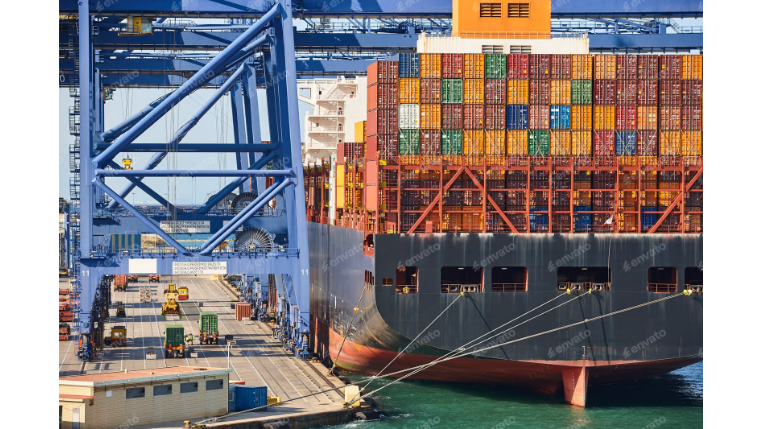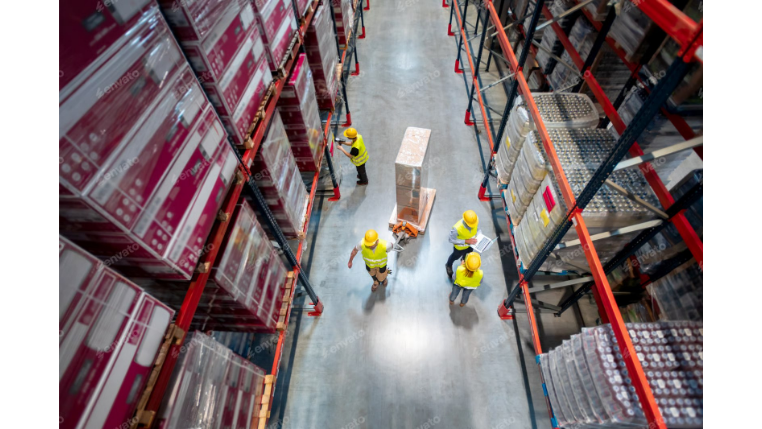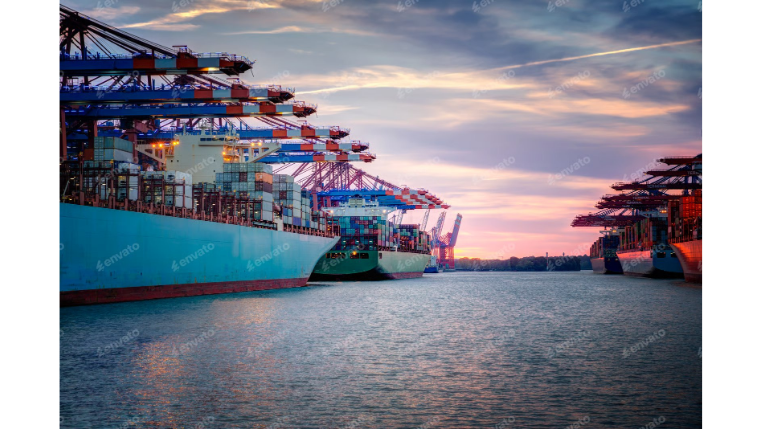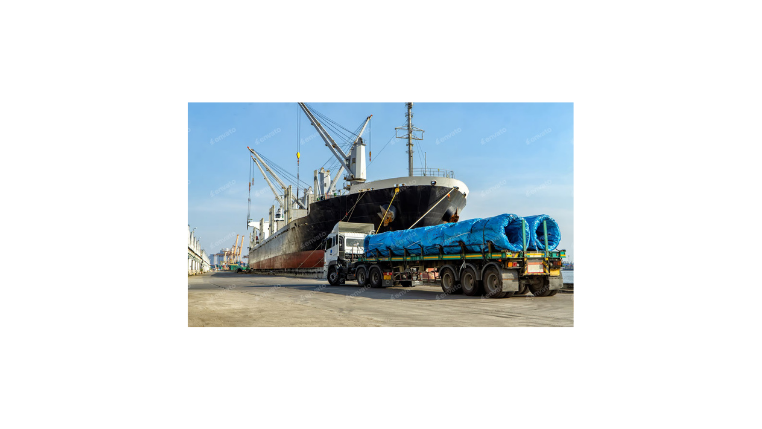The Future is Now: How Innovation is Reshaping the Logistics Sector
The traditional image of logistics — trucks on highways, ships on the ocean, and boxes in a warehouse — is being rapidly updated. The sector is in the midst of a massive technological transformation, driven by a perfect storm of new challenges and opportunities. In an era defined by the demand for instant gratification, global supply chain disruptions, and an urgent call for sustainability, logistics is no longer just about moving things; it's about moving things smartly. This article explores the key innovations that are revolutionizing the industry and setting the stage for a more efficient, resilient, and sustainable future.
The Driving Forces of Change in Modern Logistics
Three powerful currents are forcing the evolution of the logistics industry:
- Soaring Customer Expectations: Often called the "Amazon Effect," consumers and B2B clients now expect faster delivery times, lower shipping costs, and complete transparency. The ability to track a package in real-time from checkout to doorstep is no longer a luxury — It's the standard.
- Global Supply Chain Complexity: Recent years have proven that supply chains are vulnerable to disruption. This has accelerated the need for greater agility, resilience, and the ability to predict and respond to bottlenecks proactively.
- The Sustainability Imperative: With transportation being a major contributor to global emissions, there is immense pressure from regulators, investors, and customers for the logistics sector to decarbonize and adopt greener practices.
The Four Pillars of the Logistics Revolution
In response to these forces, four key areas of innovation have emerged as the pillars of the new logistics paradigm.
1. End-to-End Digitalization
The industry is making a decisive shift away from fragmented, paper-based processes and siloed spreadsheets. Digitalization connects every stakeholder in the supply chain — from suppliers and carriers to customs brokers and customers — on a single, unified platform. This is powered by:
- Cloud-Based Transportation Management Systems (TMS): Centralized hubs for planning, executing, and analyzing all transportation activities.
- Digital Freight Marketplaces: Platforms that instantly match shippers with available carrier capacity, increasing efficiency and price transparency.
- A "Single Source of Truth": Digitalization ensures everyone is working from the same real-time data, eliminating errors and improving collaboration.
2. Warehouse Automation and Robotics
The modern warehouse is becoming a hub of smart technology. Automation is key to meeting the demand for speed and accuracy in order fulfillment. Key technologies include:
- Autonomous Mobile Robots (AMRs): Robots that navigate warehouses to pick goods and bring them to human packers, drastically reducing walking time and increasing picking speed.
- Automated Storage and Retrieval Systems (AS/RS): High-density robotic systems that store and retrieve goods automatically, maximizing space and efficiency.
- Drones and Computer Vision: Used for rapid inventory cycle counting, replacing slow and error-prone manual counts.
3. Big Data and Predictive Analytics
Logistics generates a massive amount of data. With AI and machine learning, this data is being transformed from a simple record of the past into a powerful predictor of the future.
- Predictive Demand Forecasting: Helps businesses optimize inventory levels, reducing both stockouts and costly excess stock.
- AI-Powered Route Optimization: Analyzes traffic, weather, and delivery schedules in real-time to find the most fuel-efficient routes, cutting costs and emissions.
- Predictive Maintenance: Uses sensor data from trucks and equipment to predict failures before they happen, minimizing downtime.
4. The Rise of Green Logistics
Sustainability is now a core pillar of a modern logistics strategy. The focus is on reducing the environmental impact of transportation through:
- Electric and Alternative-Fuel Vehicles: The transition to electric trucks for last-mile and regional delivery is well underway, while research into hydrogen and biofuels for ocean and air freight is accelerating.
- Modal Shifting: Strategically moving freight from road to more fuel-efficient modes like rail for long-haul journeys.
- Network Optimization: Designing supply chain networks that reduce the total distance goods need to travel.
The Result: A Smarter, Faster, and More Sustainable Supply Chain
The convergence of these innovations is creating a new logistics landscape defined by efficiency, visibility, and resilience. Businesses that embrace this evolution are gaining a significant competitive edge through lower costs, improved customer satisfaction, and a stronger brand reputation.
Conclusion
In conclusion, the logistics sector is transforming from a cost-focused necessity into a technology-driven, strategic enabler of business. The future belongs to those who leverage digital tools to build connected, intelligent, and sustainable operations. A next-generation logistics platform like Modaltrans embodies this evolution by integrating TMS, real-time visibility, and powerful analytics into a single, unified system, providing businesses with the tools they need to thrive in this new era.


